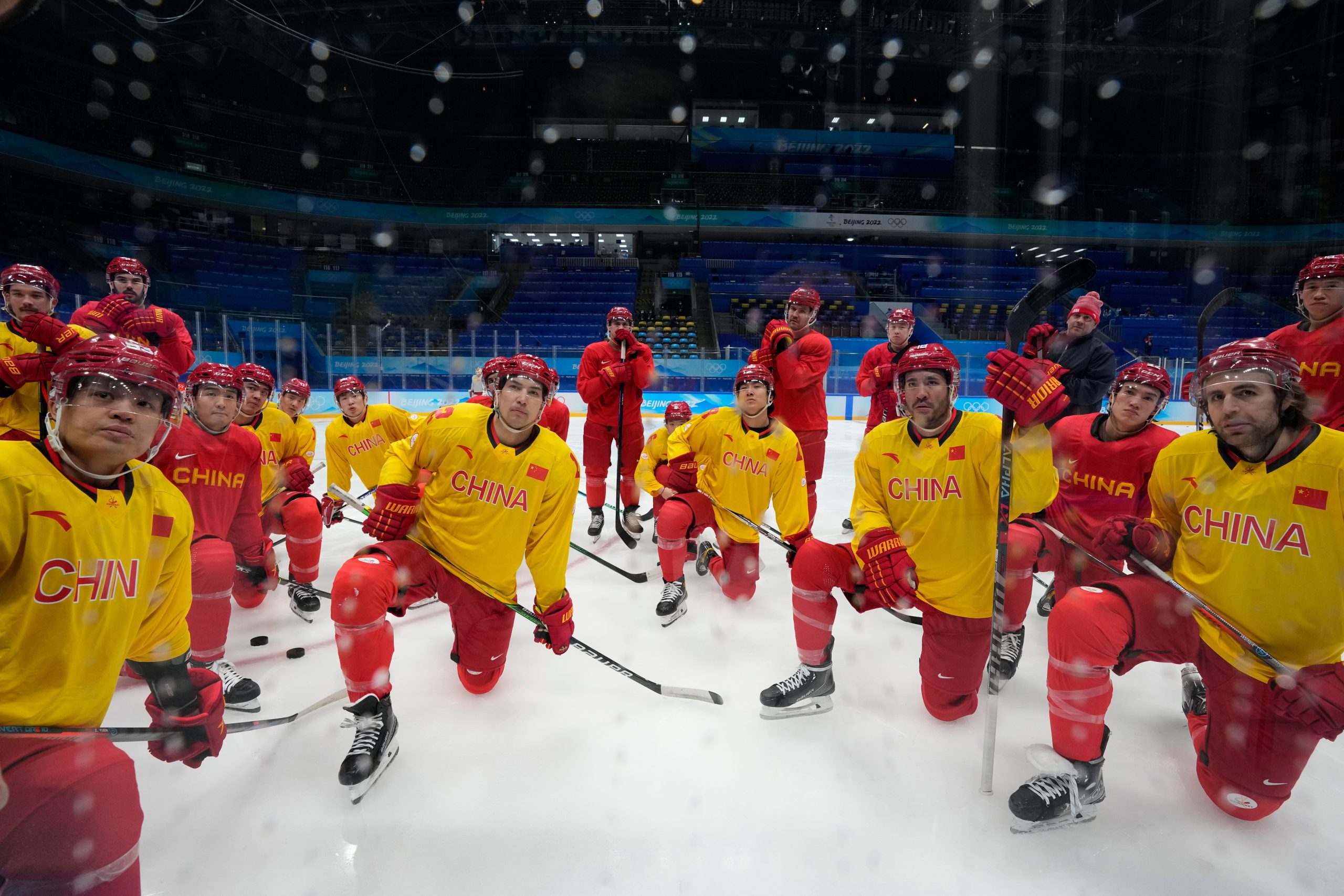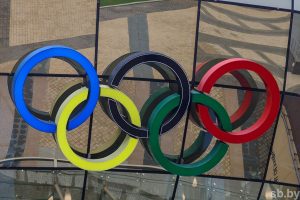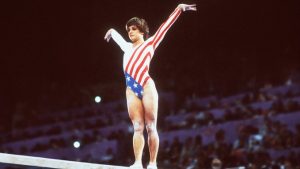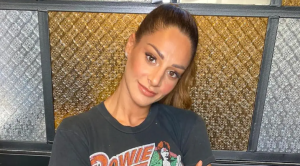The Beijing Winter Olympics 2022 is about to kick off, but the competition is overshadowed by discussions of China’s handling of human rights issues. On top of that, the censorship on what participants are allowed to say looms larger than in any previous instance.
Several athletes are trapped between activists asking them to utilize their celebrity status to speak out, while being restricted by the rules of the International Olympic Committee, on what can be said and where.
Also Read | India’s top diplomat to skip Beijing Winter Olympics ceremonies over Galwan soldier row
Yang Yang, an Olympic champion and senior official of the Beijing Organising Committee, said, “Athletes need to be responsible for what they say”, as per New York Times. This statement comes against the backdrop of the Chinese government’s warning to all participating athletes that they’re not only subject to Olympic rules and Chinese law as well.
While this move has been met with criticism outside China, inside, there’s been efforts to exercise self-censorship. Even free-speech advocates like the Joe Biden-led US government has warned athletes from the country that there’ll be legal problems if they choose to speak out.
Also Read | For Uyghur torchbearer, China’s Winter Olympics flame has gone dark
Lewis Hampton, a spokesperson, cut off a question pointed to the New Zealand skiing team members about rules and political standards. He asserted that athletes were there to speak of their performance and not protests.
Meanwhile, Sophie Richardson, the China director at Human Rights Watch, has said that numerous Olympic athletes contacted her about the lack of free speech in Beijing. She said, “A lot of people who have either never been to China before or who have, but aren’t sure about the circumstances or the environment, have reached out with questions about what they can say or do, what they’re concerned about, what the authorities’ reactions might be”.
Also Read | Panda diplomacy: Why Beijing pitched Bing Dwen Dwen as Olympics mascot
Questions about China’s record with human rights issues have been raised for a long time and gained urgency with Chinese professional tennis player Peng Shuai accused a top official of forcing her into a sexual relationship.
Not only did her post disappear soon after, but Shuai’s whereabouts have remained a mystery since then. The recent Australian Open saw several tee-shirts with the slogan “Where is Peng Shuai?”. Though they were briefly banned, officials finally relented and allowed spectators to make their statement.
Also Read | FBI urges US athletes to carry burner phones to Beijing Winter Olympics
Will such shirts and other forms of protests rear its head at the Beijing Olympics?
Yang said, “Athletes are role models for the world and there is a lot of attention on them. They have their opinions and if they want to share that, that is important.” The Chinese government has also done its bit to honour the Olympic Charter’s spirit allowing freedom of speech. To that end, the country has closed-loop bubbles around Olympic venues, where an open internet, uncensored by Chinese laws, is allowed to function.
Critiques of China have also urged participants and visitors to speak out against the country’s human rights issues, saying, “The world community must prevent a repetition of the 1936 Olympics, which was similarly used by a brutal dictatorship to whitewash its crimes against humanity.” Of course, this refers to the infamous Olympics hosted by Nazi dictator Adolf Hitler.
However, the decision to speak out ultimately falls upon the athletes. There, Rule 50 of the Olympic Charter prohibits participants from any show of “political, religious or racial propaganda” at Olympic events. The rule has now been relaxed to allow athletes to express their views in Olympic villages and social media sites.
Also Read | 2008 Beijing Olympics vs 2022: No lofty promises this time
Still, a survey by the International Olympic Committee in 2021, showed that around two-thirds of the athletes believed it was inappropriate to have demonstrations on the winning podium. Even more of them opposed the idea of protests during the opening ceremony or competitions. Joel Johnson, the coach of the US women’s hockey team said that the players were focused on the sport at the time of the Olympics. He added, “Certainly, we’re not ignoring anything that goes on in the world, but our narrow approach is just to focus on what we can control, and right now, that’s coming to the rink every day and preparing to play”.







